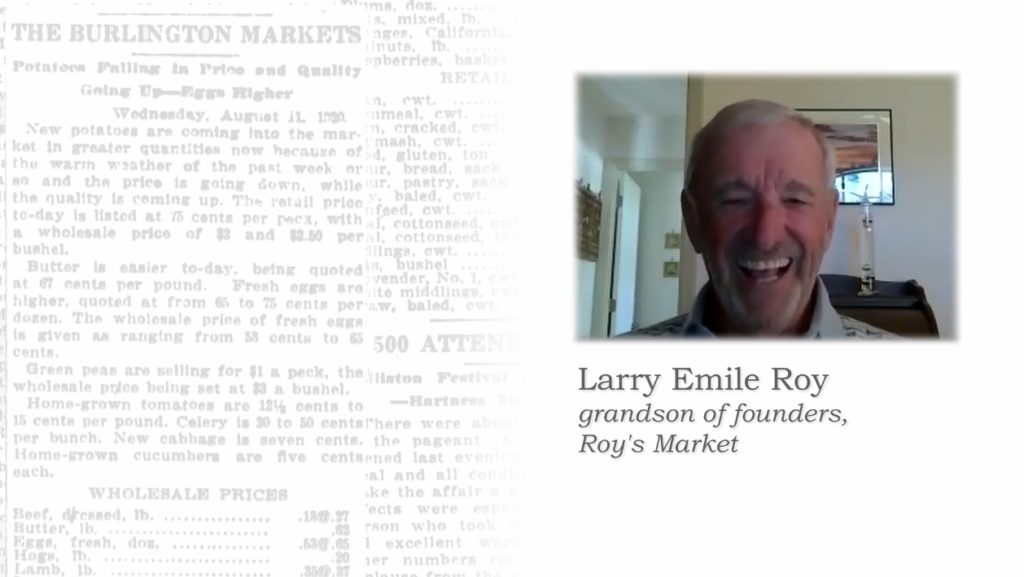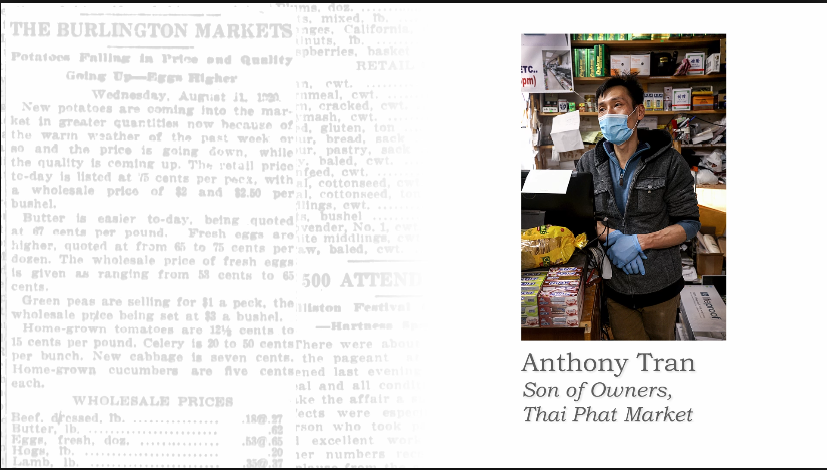 More than a Market
More than a Market
Supporting Those in Need
Market proprietors were in a unique position to identify those customers who were struggling to make ends meet. Extending credit was one way they could help; sometimes that meant forgiving the debt entirely. Whether saving bologna ends for children, discreetly adding extra items to the grocery bag, or dropping off a box of staples to a hungry household, the market owners supported the welfare of the community.
A Helping Hand
Roy's Market, Winooski, Vermont 1923 - 1967Protecting the welfare of the community was a Roy family value. During the 1918 flu pandemic, with Winooski under quarantine and many residents sick, market founder Edward Roy’s daily milk deliveries were a lifeline to the community—and not only for nourishment. Customers confined to their homes left prescriptions in their empty milk bottles, which he filled at the drug store and returned in the afternoon.
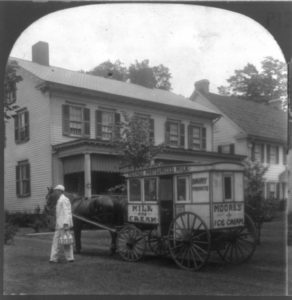
Feeding the Community
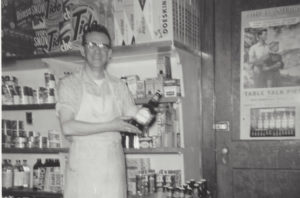
Edward’s son Emile, who managed the store after his father retired, continued the tradition of community service. Like many markets, Roy’s extended credit and often forgave debts. The family prepared and distributed gift baskets at Christmas and donated food where they saw a need.
Being There
Thai Phat, Burlington, Vermont 2007 to present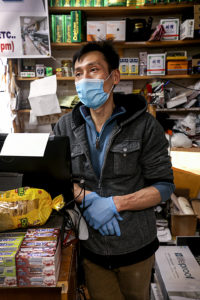
When COVID-19 shuttered all but essential businesses in Burlington in the spring of 2020, the Tran family had to make a decision about their market, Thai Phat. Should they temporarily close, as many small markets were doing in the Old North End? Their decision to remain open was a smart business decision, but it was also an expression of their commitment to their community. It was a way to thank their customers for supporting them as they built their business.
Customers and COVID
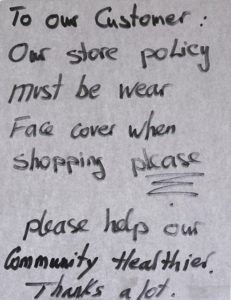
Encouraging customers to follow safety protocols was difficult at first, according to Anthony Tran, son of owners Chau Nguyen (John) and Hong Tran. Customers were upset about the requirement to wear a mask, but Anthony’s personal relationship with his customers helped. The store has signs posted in several places asking customers to wear masks and makes hand sanitizer available at the entrance.
But I tell them this problem is not about yourself. About the other people and they keep going on going on. Then I have a few customer they do shopping in the store, they see it and they come and they back me up and they helping me. So right now all the customer they do it. The thing is to me, I think it’s not thinking about yourself, but thinking about all the person. If you thinking about all the person, that means you take care of yourself. —Anthony Tran, son of market owners
Offering Shelter
J & M Groceries, Burlington, Vermont 1975 to presentOver the years, market owner John McLaurin’s investment in rental properties in Burlington not only strengthened the family’s financial security but also opened his eyes to the issue of homelessness in the city. He provided rooms or apartments in his buildings, including the market, for little or no rent to people facing homelessness. He worked on a local level to increase affordable housing in the Old North End. In 2005 he received the Neighborhood Improvement Award for his work to provide “stability and hope” for people. He fought for this issue throughout his lifetime as a businessman and entrepreneur.
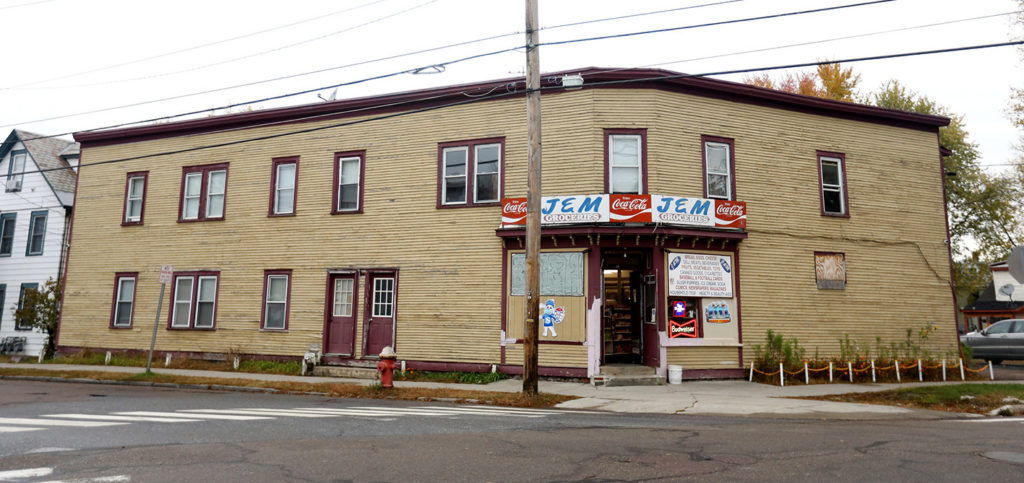
It was just the way he was. He always told us to be kind to the less fortunate, because there was a thin line, a very thin line between them and us. At any given time we can be in that position and what you put out, you will get back. —Judy McLaurin, current owner and daughter of founders John and Mildred McLaurin
